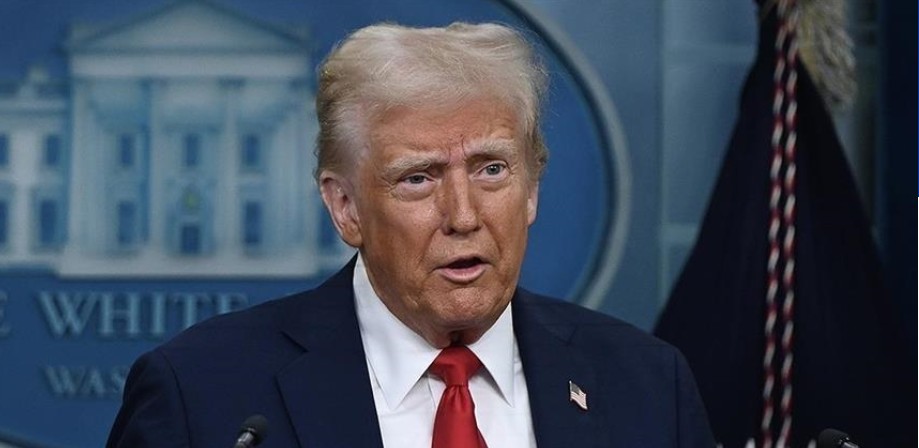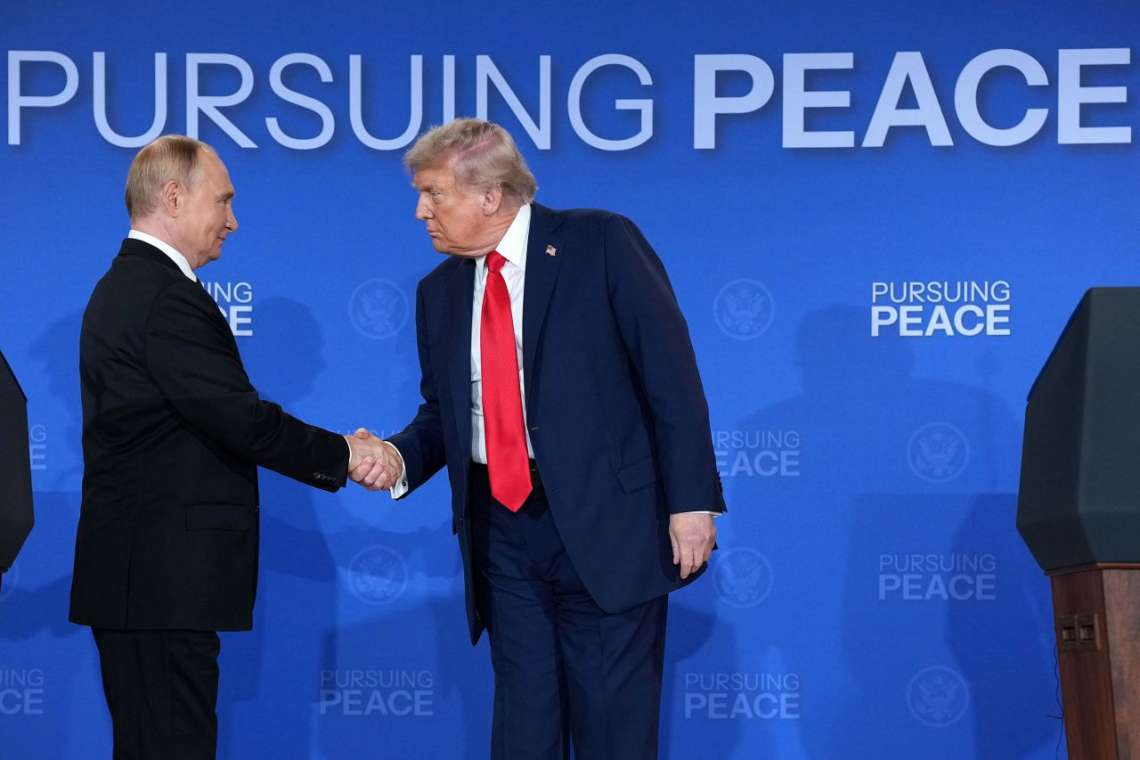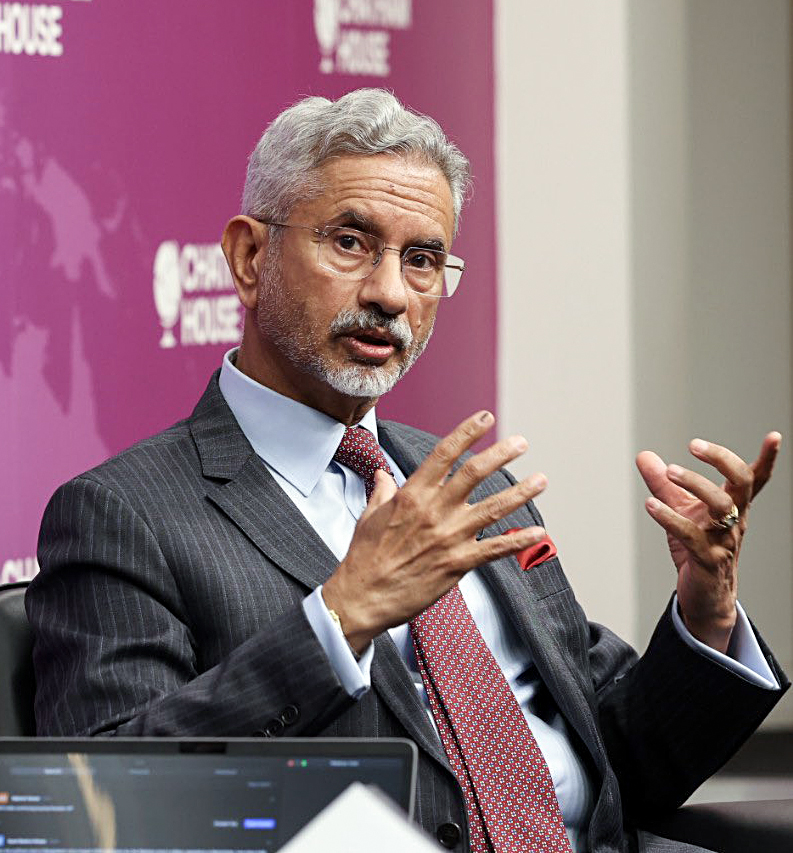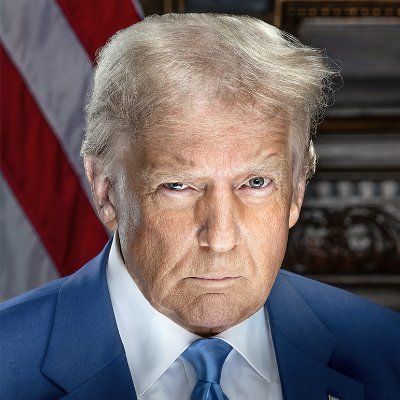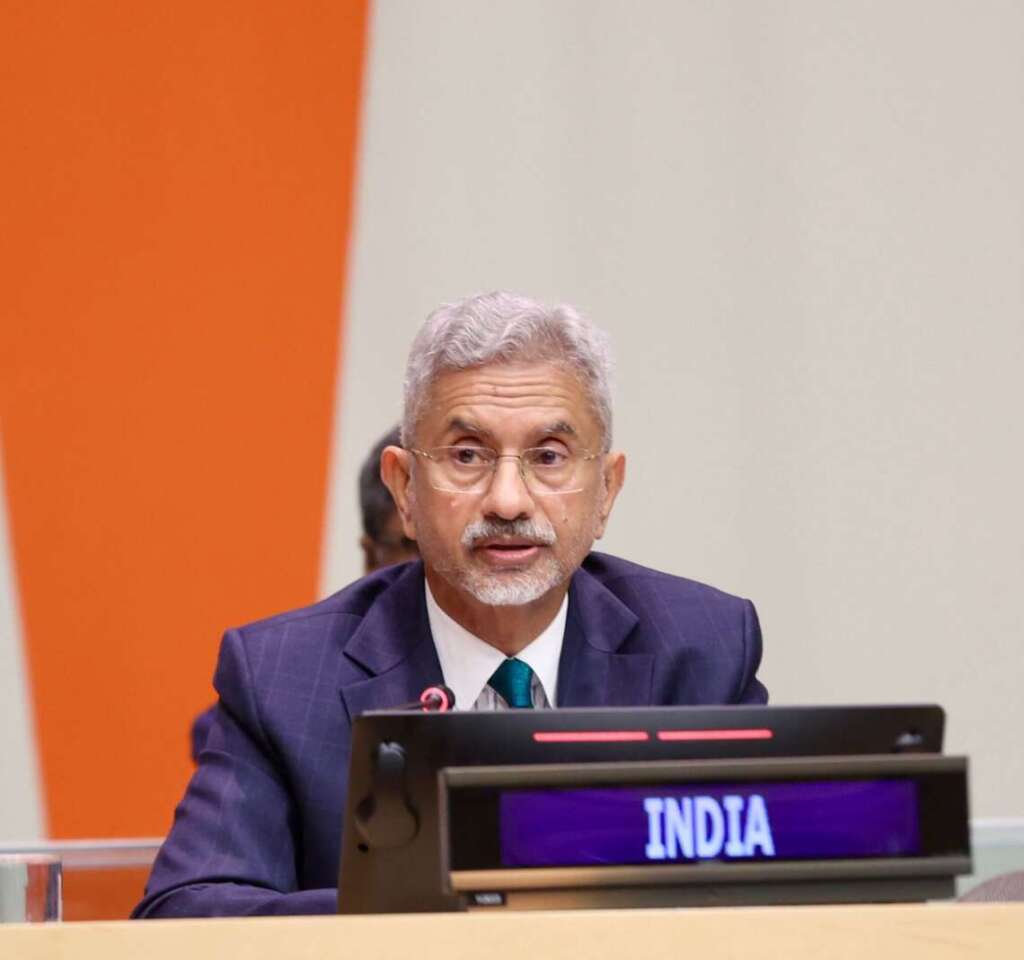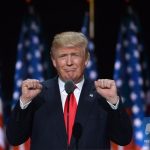Trump, speaking from his Mar-a-Lago residence in Florida, questioned why U.S. taxpayer dollars were being allocated to a country like India, which he argued has substantial financial resources.
Former U.S. President Donald Trump has expressed support for the recent decision by the U.S. Department of Government Efficiency (DOGE) to cancel a $21 million grant designated for boosting voter turnout in India. The decision, announced on February 16, has sparked controversy and drawn sharp criticism, particularly from Indian political figures.
Trump, speaking from his Mar-a-Lago residence in Florida, questioned why U.S. taxpayer dollars were being allocated to a country like India, which he argued has substantial financial resources. “Why are we giving $21 million to India? They got a lot more money. They are one of the highest taxing countries in the world in terms of us; we can hardly get in there because their tariffs are so high,” Trump said. “I have a lot of respect for India and their Prime Minister, but giving $21 million for voter turnout? In India? What about voter turnout here?”
The cancellation of the grant was part of a broader reevaluation of U.S. foreign assistance programs, which also saw the elimination of funding for initiatives in Bangladesh and Nepal. DOGE, led by billionaire entrepreneur Elon Musk, explained the move in a post on social media platform X, citing the necessity of streamlining U.S. foreign aid.
“US taxpayer dollars were going to be spent on the following items, all of which have been cancelled,” DOGE’s statement read, referencing the canceled voter turnout project along with other international programs, such as $29 million intended to “strengthen the political landscape in Bangladesh” and $39 million aimed at “fiscal federalism” and “biodiversity conservation” in Nepal.
In India, the cancellation quickly became a focal point for political backlash. Amit Malviya, a spokesperson for the ruling Bharatiya Janata Party (BJP), condemned the decision as foreign interference in India’s democratic processes. “Who gains from this? Not the ruling party for sure!” Malviya said, implying that the funding was intended to benefit opposition forces.
Malviya also questioned the involvement of foreign entities in India’s electoral system, linking the funding to what he called “systematic infiltration.” He highlighted the influence of George Soros, the billionaire investor frequently accused by conservative figures of attempting to influence global politics. Malviya pointed to past foreign-funded initiatives, including a 2012 agreement between India’s Election Commission and the International Foundation for Electoral Systems (IFES), which is associated with Soros’s Open Society Foundation.
“Once again, it is George Soros, a known associate of the Congress party and the Gandhis, whose shadow looms over our electoral process,” Malviya claimed, criticizing previous government policies he said allowed foreign influence in India’s electoral landscape.
The cancellation of the grant has ignited a wider debate about the role of foreign aid in domestic political systems, with implications for U.S.-India relations and the integrity of both nations’ electoral processes.

